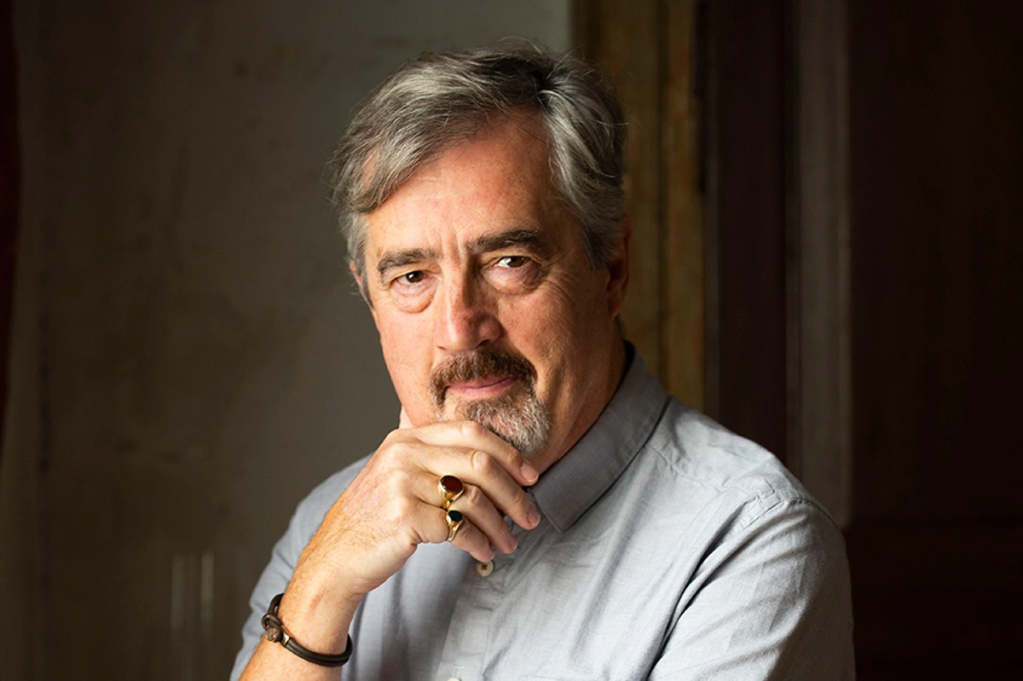Nothing is quite what it seems in Sebastian Barry’s latest novel, and that isn’t meant entirely as a compliment. While Old God’s Time is a powerful story, I will surely not be the only reader who’s occasionally baffled by its cast of ghosts presented initially as living people. After 200 pages, I lost count of the number of times one character explains to another that the person they think they have just seen is actually dead.
The protagonist is the recently retired and somewhat haunted policeman Tom Kettle, who feels “his pension was his gun, his weapon against work.” He now lives in a lean-to annex of a Victorian castle in Dalkey, overlooking the Irish Sea, where he catches only glimpses of his landlord and neighbors. The arrival of two former colleagues at his door disturbs this placid existence.
The policemen want his help with an unsolved murder that he had worked on thirty years earlier, in the 1960s. The case brings back memories of the abuse both he and his wife suffered as children at the hands of priests, and this is written about forensically, with the righteous anger appropriate to the subject.
He also recounts his courtship of June, his absurdly good-looking “goddess” of a wife. I could happily live without ever reading another description by a male author of a woman whose attractiveness seems directly in proportion to her instability, or about “the little violence in her when she climaxed.” Nonetheless, there is something very affecting about the intensity Barry brings to writing about family relationships, and it is certainly bold to have a protagonist whose wife and two children are dead.
Readers will need their wits about them to have any grasp of the plot, and the style can be long-winded:
Between the pick-up spot and the parking spot, the sun abandoned everything for one more day, the sea blackened, and the islands blackened even darker, more black than black, and the sky looked shocked and empty, as if not fully trusting that the moon would rise soon and her cohorts of stars crowd in like figures at a hajj.
That said, there is much emotional truth in the portrayal of Kettle; and it is impossible not to be moved by his reflection that “To threaten a child, to bring hurt to a child, was the chief crime before God and man.”
This article was originally published in The Spectator’s UK magazine. Subscribe to the World edition here.

























